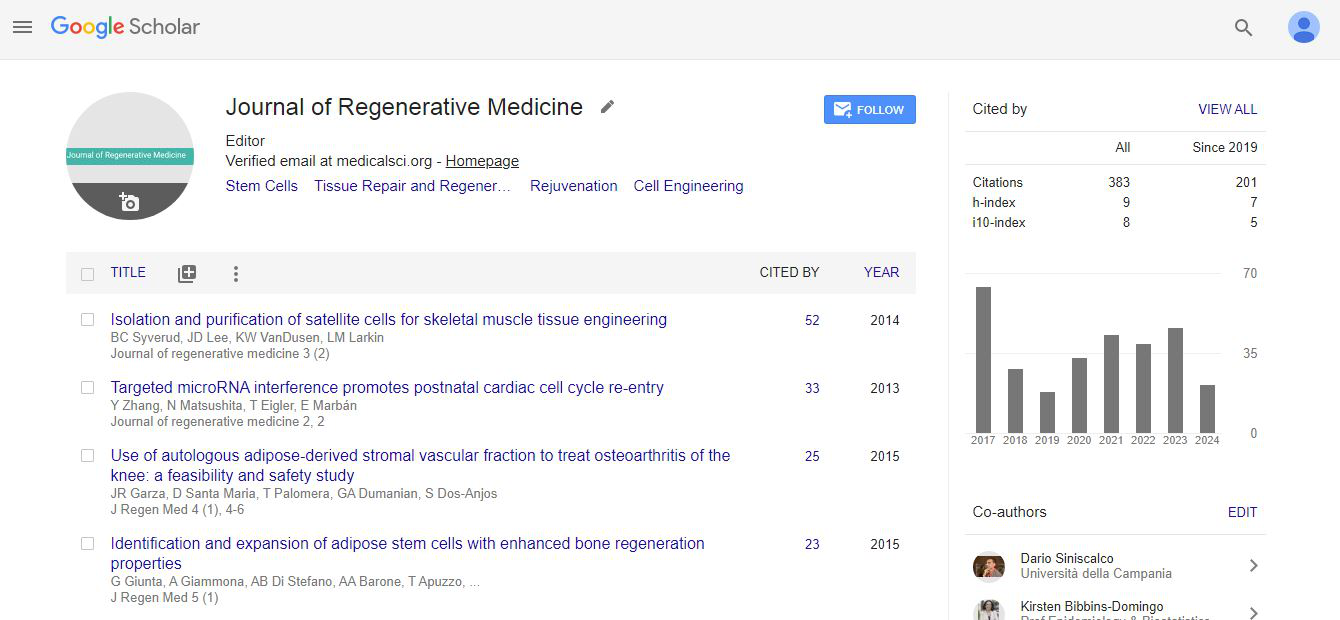E-EMSC- Effects of ethics education on moral sensitivity and critical thinking disposition of Korean nursing students
Sung-Hee Ahn
The Catholic University of Korea, Korea
: J Regen Med
Abstract
While nursing ethics education is commonly provided for undergraduate nursing students in most nursing colleges, consensus on the content and teaching modules for these ethics’ courses have still not been established. This study aimed to examine the effects of nursing ethics education on the moral sensitivity and critical thinking disposition of nursing students in Korea. A one-group pre- and post-test design was used. Moral sensitivity was measured using the Korean version of the Moral Sensitivity Questionnaire. Critical thinking disposition was measured using the Critical Thinking Disposition Questionnaire. Participants were 70 undergraduate nursing students who were attending a university located in Seoul, Korea. The nursing ethics education was provided 7 times, from September to December 2010, and comprised 90- min sessions each week. This study was conducted in accordance with the Human Subject Research Ethics Committee guidelines. After the education, the levels for the patient-oriented care, a sub-domain of moral sensitivity, and inquisitiveness, a sub-domain of critical thinking disposition, significantly improved. There were no changes in overall scores for moral sensitivity and critical thinking disposition. There were significant positive correlations between moral sensitivity and critical thinking disposition both pre- and post-intervention. These results reflect the need for ongoing efforts to develop innovative content, structure, and instructional methods for undergraduate nursing ethics education programs.
Biography
E-mail: sooy@catholic.ac.kr
 Spanish
Spanish  Chinese
Chinese  Russian
Russian  German
German  French
French  Japanese
Japanese  Portuguese
Portuguese  Hindi
Hindi 